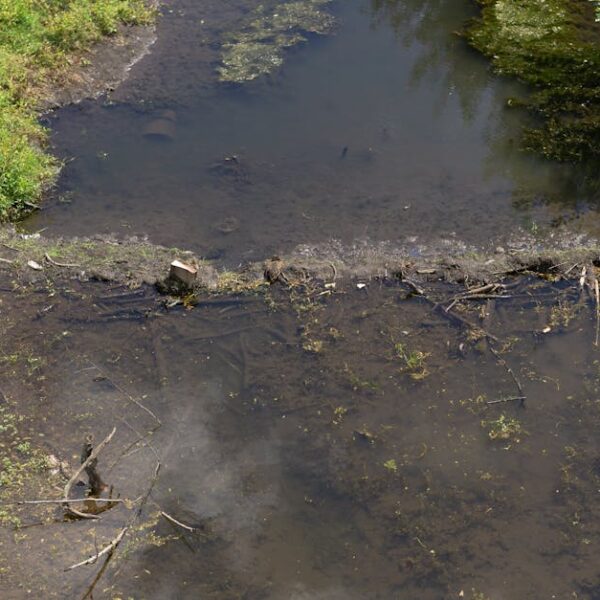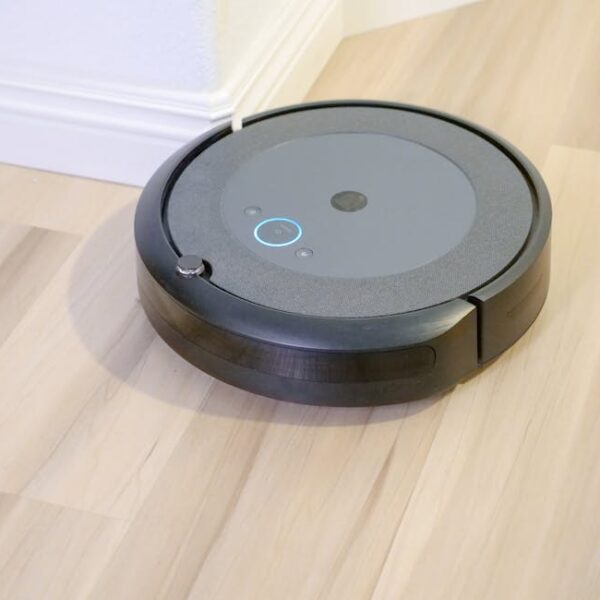Diving right into it, the popular Magic Eraser is not designed or suited for pool cleaning. Sure, this handy household tool has saved many a homeowner from stubborn stains and scribbles, but when it comes to our beloved pool, it’s not the hero we need. To understand why, we first need to get to know the Magic Eraser a little better.
Understanding Magic Erasers
Magic Erasers are the brainchild of Procter & Gamble and made their debut in 2003. They are composed primarily of melamine foam, a versatile material that’s also used for insulation and soundproofing. A closer look at this foam reveals its open-cell structure, which acts as a super-fine sandpaper. This is what enables Magic Erasers to effectively scrape off grime – a property known as micro-abrasion.
They excel in various household applications:
- Erasing wall crayon art
- Removing scuff marks from shoes
- Cleaning oven doors
- Reviving discolored switches
Although Magic Erasers offer broad utility, they should be used with a modicum of caution. For instance, you’ll want to avoid using them on gloss-finished surfaces as they can dull the shine.
The Science Behind Magic Erasers
As mentioned, Magic Erasers owe their cleaning prowess to the melamine foam from which they’re made. This foam’s open-cell structure is the secret here. Each cell acts like a tiny sponge that can muscle its way into minute surface grooves, dislodging the stuck dirt. It’s akin to having billions of miniature cleaners working together to make your surfaces shine.
But how does the melamine foam compare with other cleaning materials, you ask? Unlike sponges or cloths that may simply smudge the grime across a surface, Magic Erasers lift and remove the dirt. However, they are not as durable, and excessive scrubbing could reduce them to shreds. Your mileage will indeed vary.
To get the best results from a Magic Eraser, wet it before use. It’s this moist tool, not the dry precursor, that truly acts as your magic wand.
Magic Eraser Usage for Pool Cleaning
With the high regard for Magic Erasers, it’s easy to understand why some folks might think they’re the silver bullet for pool cleaning. Perhaps you’ve come across an online hack or a neighbor’s well-intentioned advice suggesting their use for removing pool scum. However, for reasons we’ll soon delve into, it’s advisable to keep your Magic Eraser away from the pool.
You might consider a Magic Eraser for:
- Cleaning pool toys or inflatables
- Removal of mild scum lines on tiles
- Erasing marks on pool surfaces
But I’ve got a pro tip for you: Leave the pool cleaning to tools designed for the task, like specialized brushes, pool vacuums, or even automatic pool cleaners.
Is It Safe to Use a Magic Eraser on Skin If It Can Fail on Pools?
Using a magic eraser on skin can pose risks, as these cleaning products contain abrasive materials. For those curious about the potential harm, consider following magic eraser skin safety tips. Always prioritize gentle cleaning methods for the skin to avoid irritation or injury, even if it works wonders on tough stains elsewhere.
Why Magic Erasers Don’t Work for Pool Cleaning
You see, despite its magic powers, the Magic Eraser isn’t suited to clean pools, and here’s why. The material they’re made of, the melamine foam, tends to break down fairly easily as you scrub. Now, imagine introducing it to the harsh conditions within a pool – the chlorine, the fluctuations in temperatures, or potentially abrasive pool surfaces. The Magic Eraser, upon excessive use, could break down into small bits that can easily turn your sparkly pool into a murky soup or worse still, clog your filtration system.
Negative outcomes of using Magic Erasers in pools:
- Dissolved foam particles could cloud pool water
- Potential to clog up filter systems
- Potential damage to pool equipment and surfaces
But here’s a key comparison that could help you better understand your pool cleaning choices:
| Magic Erasers | Proper Pool Cleaning Methods |
|---|---|
| May cloud water with dissolved foam particles | Have no adverse effect on water clarity |
| Potential to clog filter systems | Prolong the life of the filtration system |
| May harm pool surfaces or equipment | Specially designed to be safe on all pool surfaces and equipment |
Effective and Safe Pool Cleaning Techniques
Now that we’ve understood why the Magic Eraser isn’t the best fit for our pools, let’s uncover what is.
Cleaning a pool is straightforward, provided you have the right tools and know how to use them. Regular maintenance helps maintain a clear, clean pool and extends the life of pool equipment.
Knocking out that checklist to keep your pool pristine:
- Regularly skim and vacuum for leaves and debris
- Brush the pool walls and floor
- Regular checking and balancing of the pool water chemicals
- Keep the pool filter clean and properly maintained
- Use a pool cover when not in use
And now, let’s pit the Magic Eraser against proper cleaning tools in a showdown for effectiveness and safety:
| Magic Erasers | Proper Cleaning Tools |
|---|---|
| Effective only for small, localized cleaning tasks | Thoroughly clean all parts of the pool |
| Potential to harm or degrade pool surfaces and equipment | Designed to be safe to use on pool surfaces and equipment |
| Could negatively impact pool water clarity | Prolong the life and clarity of pool water |
To wrap up, it’s preferable to stick to proper pool cleaning methods and tools, and leave the Magic Erasers for what they do best – tackling the small cleaning tasks around your home.
Key Takeaway:
- Magic Erasers, primarily composed of melamine foam, are effective cleaning tools for household uses thanks to their micro-abrasion property, but are not suited for pool cleaning.
- When used in pools, Magic Erasers can break down into small bits which can cloud the pool water and potentially clog the filtration system.
- Regular pool maintenance with appropriate tools and checks for pool water chemicals is key to maintaining clear, clean pools and prolonging the life of pool equipment.
In cleaning your pool, each tool has a specific purpose and using unsuitable ones can negatively impact the pool water and equipment. Despite the highly-touted cleaning power of Magic Erasers for household uses, they are ill-suited for pools and can potentially cause more harm than good. Remember, proper tools yield proper results—so make smart choices and employ the right practices for your pool cleaning tasks.
FAQs
Q: Can Magic Erasers be used for cleaning other outdoor items?
A: Yes, Magic Erasers can be used for cleaning outdoor furniture or other hard surfaces, but it’s best to patch test a spot first to ensure it won’t damage the surface.
Q: What can be done if a Magic Eraser accidentally gets into the pool?
A: If a Magic Eraser enters the pool, you should remove it as quickly as possible to avoid it breaking down into small pieces that could potentially cloud the water or clog the filtration system.
Q: Are there other products similar to Magic Erasers that are suitable for pool cleaning?
A: There are other cleaning products designed specifically for pool cleaning, such as specialized brushes, pool vacuums, and automatic pool cleaners. These are much more suitable than Magic Erasers.
Q: Can I use a Magic Eraser for small clean ups around the pool area?
A: Magic Erasers can be used for small tasks around the pool area such as cleaning tiles or pool toys, but avoid using them for cleaning within the pool itself.
Q: What happens if my filtration system gets clogged?
A: If your filtration system gets clogged, it may slow down or stop entirely, decreasing its efficiency in cleaning the water. In some cases, it may even cause damage to your pool equipment. If you notice it’s clogged, seek assistance from a professional to ensure it gets properly cleaned.
If you found this information helpful, feel free to share it and explore more posts on our website.












